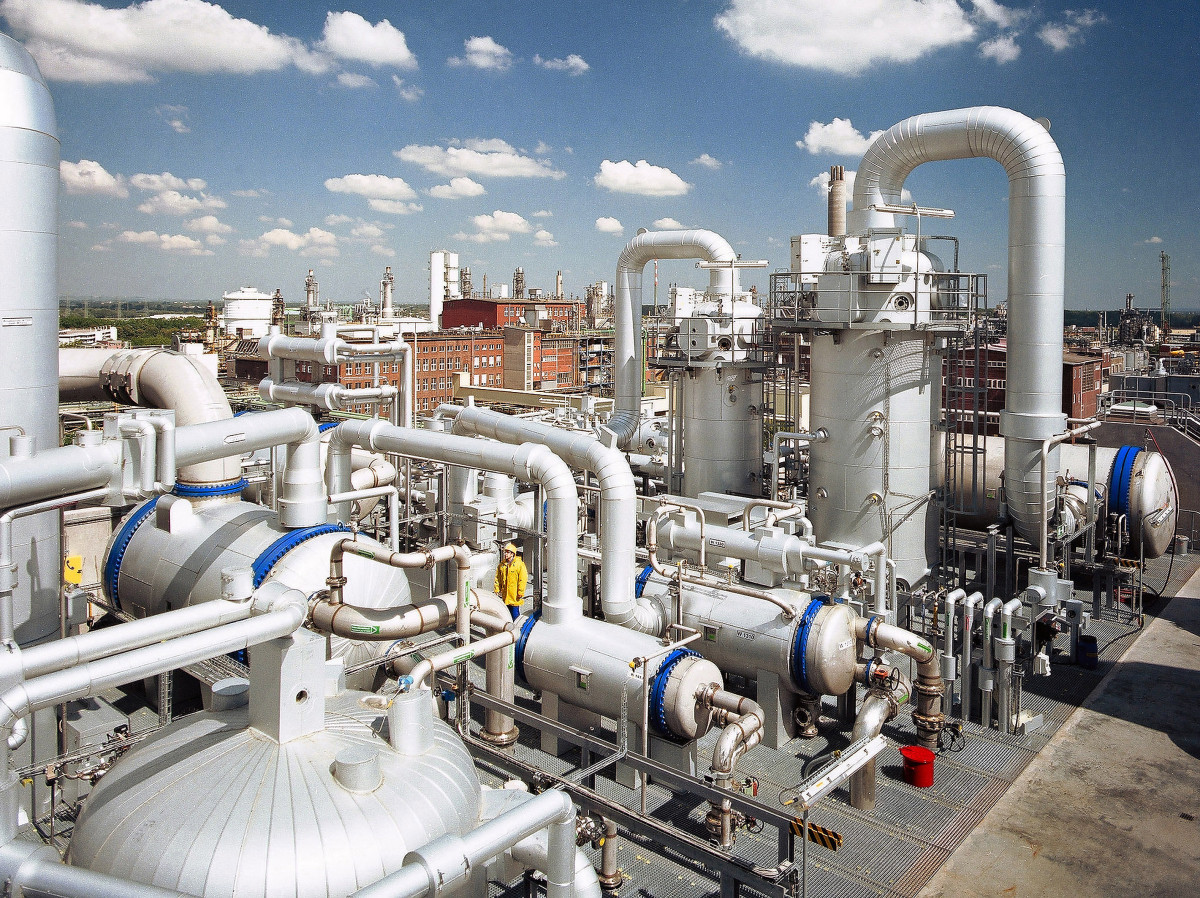Shipping green hydrogen to Germany is unviable strategy for basic industry decarbonisation - report
Germany should not count on future long-distance green hydrogen imports in its drive to make the steel and chemicals industries climate-friendly, energy transition researchers have said. “The transformation and long-term preservation of the steel and chemical industries in Germany on the basis of hydrogen imports by ships […] would be very expensive due to high efficiency losses and the resulting costs, and appears increasingly implausible,” the Ariadne research alliance, which is funded by the country’s research ministry, said in a report on the future of Germany’s energy-intensive industries.
The researchers said that green electricity, green hydrogen and hydrogen-based industrial raw materials will remain more expensive in Germany than in countries with a better potential for renewable energies. “In Germany and worldwide, these energy cost disadvantages will gradually translate into incentives for a partial relocation of particularly energy-intensive production steps abroad (so-called ‘renewables pull’),” Ariadne said.
The report authors from the Potsdam Institute for Climate Impact Research (PIK) and the Fraunhofer Institute for Systems and Innovation Research (Fraunhofer ISI) wrote that compensating for this cost advantage permanently across the breadth of industrial sectors would be economically inefficient and require high subsidies, making it politically unrealistic.
“It is also unrealistic to want to completely replace the current import of fossil fuels with green energy sources - not only because green hydrogen and renewable electricity are in short supply in Germany, but also because they are much more difficult to transport than coal, oil or natural gas,” Ariadne said. “For fundamental physical and economic reasons, it is unrealistic to carry out all energy-intensive production steps for green raw materials in Germany in the future,” said PIK researcher Philipp Verpoort, who added that “a subsidised ‘business as usual’ threatens to lead to a dead end.”
Germany is betting big on green hydrogen imports. According to the government's 2030 hydrogen import strategy, it expects imports to cover 50 to 70 percent of demand for the fuel, seen as a key technology to decarbonise sectors where electrification is not an option, such as in steel or chemical production. But researchers have warned that Germany should strengthen its own production because it is "uncertain" where those imports will come from in relevant quantities soon, while others have suggested covering a large part of demand via pipelines from neighbouring countries.
Germany has set out to become a global leader in the associated hydrogen technologies, and the government has penned a National Hydrogen Strategy to achieve these ambitions. The government said the country will largely have to import the fuel in future due to unfavourable local conditions for renewable electricity production. It is setting up a core hydrogen grid from old gas pipelines and new infrastructure with the goal of the fuel starting to flow by next year.
“Friendshoring” to ensure security of supply
The researchers said that Germany could largely offset its renewables cost disadvantage by importing energy-intensive primary products, such as pig iron, ammonia or methanol from future liquid green world markets, and thus maintain existing value chains in downstream production.
“By eliminating only the first energy-intensive processing steps in the value chain, further processing in the steel and chemical industries and in the downstream sectors of the economy could be retained in Germany in the long term,” Ariadne says. The researchers said a “targeted and controlled structural change” could ensure long-term competitiveness and limit the short-term loss of jobs and value creation. “Germany and the EU need an overall strategy for green imports and industrial transformation in order to minimise expensive private and public misinvestments, subsequent disruptions and costly lock-ins.”
Germany’s industrial production has been on a downward slide, fuelled by the impact of Russia’s war on Ukraine on energy costs. Especially energy-intensive sectors routinely cite high costs as the main hurdle to competitiveness, despite prices having fallen significantly since the peak of the energy crisis in 2022.
“’Friendshoring’ to friendly European countries with better availability of renewable electricity could both reduce costs and ensure security of supply,” the researchers said. “Since a large part of value creation and jobs in the future will not lie in the production of such energy-intensive precursors using a lot of green hydrogen, it is important to take this into account today and plan ahead accordingly,” said Fraunhofer ISI’s Luisa Sievers. “The future focus should instead be on further processing in the chemical, plastics and pharmaceutical industries, which will also help to secure current jobs.”
The authors warn that future hydrogen demand in Germany may be much lower than currently assumed if basic industry imports more primary products in the long term. “At the same time, there will still be a substantial demand for hydrogen in some industrial sectors, meaning that a transformation to hydrogen must continue to be promoted.”


